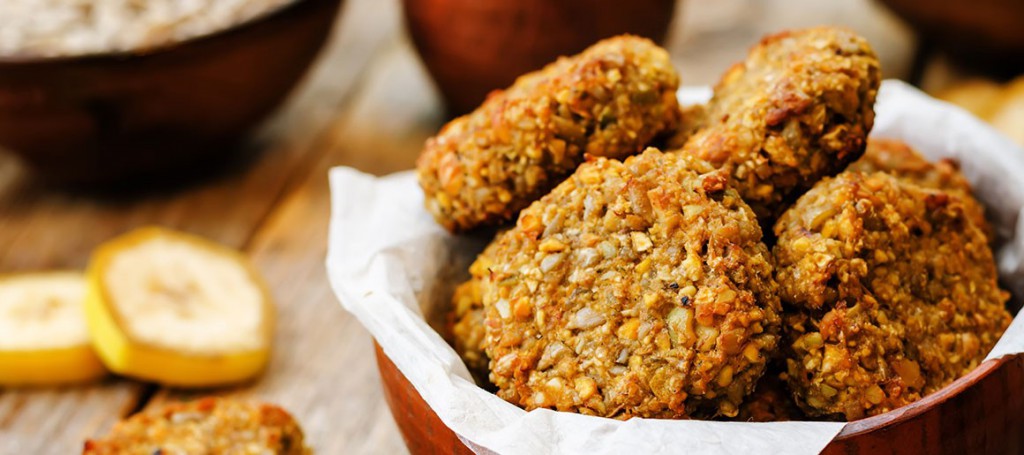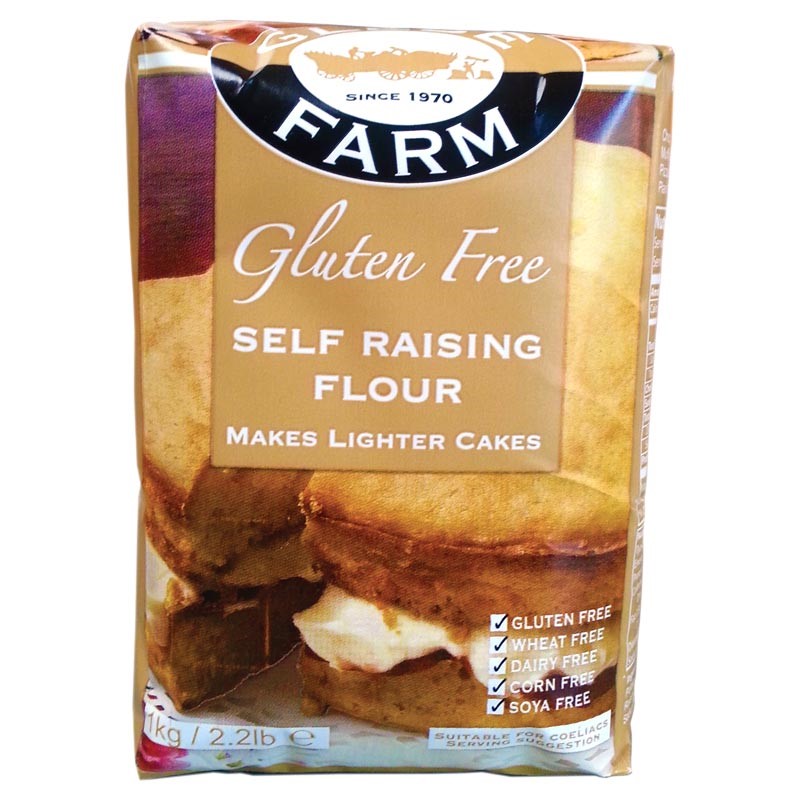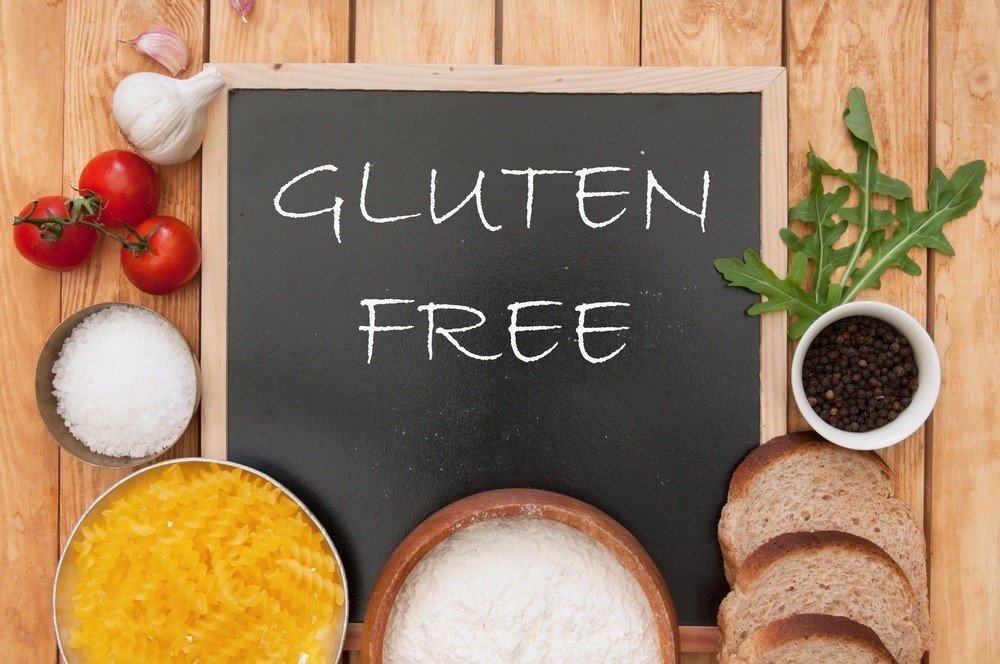Have you decided or ever been advised by someone to follow a gluten-free diet? If so, do not fret. It’s not impossible to follow these diets, especially if you have an open mind and have accumulated a little bit of knowledge on what these diets are all about and how you should be following them for your own benefits.
Remember, if you’re well-prepared for these diets, then the whole experience can be quite rewarding and enjoyable!
These days, it is so common to meet people who are suffering from coeliac disease or those who have stayed away from gluten-rich foods altogether. Most of these people would have experienced some sort of gluten intolerance or sensitivity related problems or other. Even if they were to attempt trying out foods that contain gluten, they can suffer from different conditions like stomach problems, weight loss or gain, bloating, nausea, and stomach pain.
So, how to get rid of these problems? By totally ignoring gluten-rich foods or by sticking to ‘gluten detox’, if we can put it that way, then putting an end to these worries is very much possible.
Sensitivity to various substances, including gluten may have an adverse effect on your body. However, the consequences may not necessarily warrant any medical treatment. However, when you’re intolerant to certain foods, it can easily cause adverse reactions and therefore, you may need urgent medical attention.

It is gluten that gives the bread the elastic or doughy consistency you normally associate with it. A sort of protein, gluten is found in a number of food items like barley, different types of grains, rye, wheat, and bread in varying levels. Interestingly, gluten is commonly used in manufactured or processed food items, as wheat is normally used as a filler or thickening agent. Therefore, if you want to lead a gluten-free life, then you first need to learn how to read food labels, before anything else!
Here are some extremely useful tips that can help you lead a ‘gluten-free life’ easily:
• It doesn’t help much focusing on foods that can’t be eaten. Instead, focus on eating foods that you can eat. Why not focus on eating naturally occurring gluten-free items like pulses, nuts, fruits, vegetables, meats, and others.
• Identify healthy stores in your neighborhood or online that has a huge stock of gluten substitutes, gluten-free raising flour, and xanthan gum. Remember, Xanthan gum and gluten substitutes are commonly employed in gluten-free products to make the end product less crumbly and imitate gluten-rich products.
• Checking out gluten-free recipes is one way of making sure you’ve got your food requirements covered. Where can you get these recipes? Simply check out internet sources or get yourself a gluten-free cookbook that is readily available across most bookstores these days.
• It is so easy to become obsessed with items that you’re missing out. However, your focus has to be on finding out interesting and useful flavors that can be directly added to your diet.

It is always better to consult your doctor or your dietitian before taking any major decision concerning your health. The above tips are no doubt, very useful to you. However, you always need to have a professional view on your position that only your doctor or dietitian can recommend.










